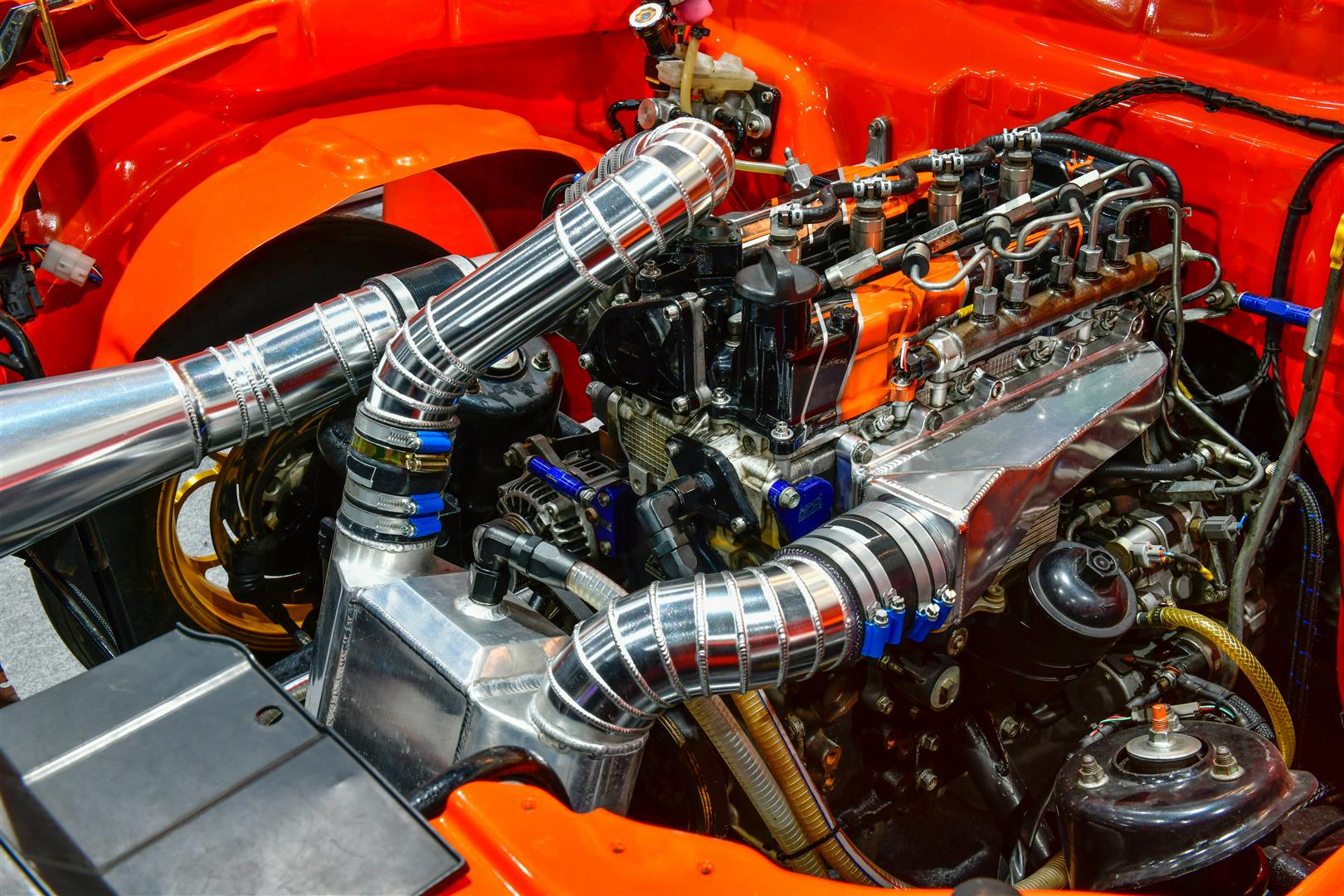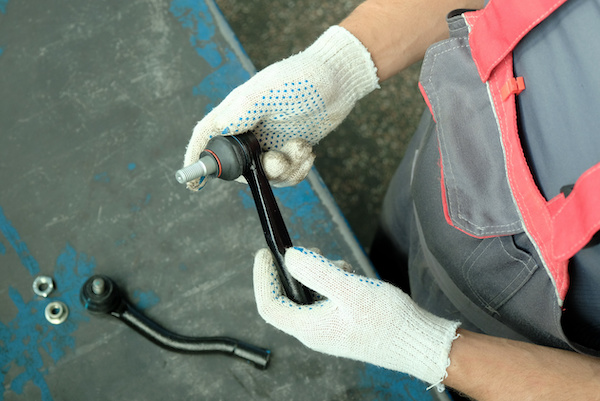Posted on 9/29/2023

When you slip into the driver's seat of your car, ready to hit the road, have you ever wondered about the intricate machinery beneath you that makes it all possible? Your car's drivetrain is the unsung hero of your journey, quietly channeling power from the engine to the wheels. In this article, we'll take you on a thrilling ride through the world of drivetrains, revealing what they are, how they work, and where you can find them in your vehicle. What Exactly Is a Drivetrain? A drivetrain is the mechanical system in your vehicle responsible for transmitting power from the engine to the wheels, ultimately propelling your car forward. Think of it as the bridge between the roaring engine's power and the motion of your vehicle. But there's more to it than meets the eye. The Components of a Drivetrain: The Engine: The journey begins in the engine, where fuel is converted into mechanical energy. This energy is then passed on to the dr ... read more
Posted on 8/31/2023

In the world of automotive technology, rear-wheel steering is a term that's gaining traction – quite literally. But what does that mean, and more importantly, is it helpful? Buckle up as we take you on a journey through the twists and turns of this innovative feature. The Basics of Rear Wheel Steering To put it simply, rear-wheel steering, or RWS, is a system that allows a car's rear wheels to turn in the opposite direction of the front wheels during low-speed maneuvers and in the same direction during high-speed driving. This seemingly small adjustment has the potential to make a big impact on your driving experience. Maneuverability Imagine navigating a tight parking lot or winding through city streets with the grace of a ballerina. That's where the RWS system shines. At lower speeds, like when parking or making sharp turns, the rear wheels turning in the opposite direction to the front wheels means a reduced turning radius. This makes your car feel smalle ... read more
Posted on 7/31/2023

Vehicle maintenance is essential for the performance and longevity of your vehicle. However, maintaining a car can sometimes get expensive, especially if you have to make regular repairs. Though there are unavoidable repairs, you can still save money on car maintenance. The following are budget-friendly tips for vehicle maintenance: Get Many Estimates The best way to get the best deal on car repairs is to get as many estimates as possible. Comparison is the only way you can know which places are expensive and which are cheap. Getting multiple estimates will also let you know which auto repair shops are charging more for parts or labor. You can then choose the option you find most affordable or find a way to get the best deal. Source Your Own Parts Auto shops are in the business for profit so, they will put a markup on car parts. If you can get your own parts, you may find great deals that substantially reduce your car maintenance cost. You will have to do some research or leg wor ... read more
Posted on 6/30/2023
.jpeg)
Late-night driving can be a challenging task for many drivers. The lack of natural light, fatigue, and monotony of the road can contribute to decreased alertness, making it a potentially dangerous endeavor. We care about your safety on the road, so here are some valuable tips to help you stay alert during late-night driving. Get Sufficient Rest Before embarking on a late-night journey, it's crucial to ensure you are well-rested. Fatigue can greatly impair your driving abilities, affecting your reaction time and decision-making skills. Aim for at least seven to eight hours of sleep before hitting the road. Plan Your Route Before you start your journey, plan your route thoroughly. Familiarize yourself with the road conditions, potential construction areas, and alternate routes if necessary. Knowing what to expect will help you stay focused and avoid any surprises. Take Regular Breaks Driving for long periods can cause mental and physical fatigue. Take regular breaks every two h ... read more
Posted on 5/30/2023

Have you ever wondered how your car maintains stability and allows for smooth steering? Behind the scenes, there are crucial components at work and one of them is the often-overlooked ball joint. When driving down the road, navigating corners and uneven road surfaces, you probably don't think about how your vehicle's ball joints are hard at work. The ball joint is the critical link between your vehicle's suspension and steering systems, enabling the front wheels to move up and down while allowing the steering knuckles to pivot. Its ball-and-socket design provides flexibility and range of motion, enabling smooth wheel movement and absorbing shocks from the road. Over time, however, ball joints can wear out due to constant use, exposure to road debris, and contaminants such as moisture and dirt. As the ball joint declines, it can affect your vehicle's handling, steering, and suspension. Therefore, understanding when to replace ball joints is critical to maintaini ... read more